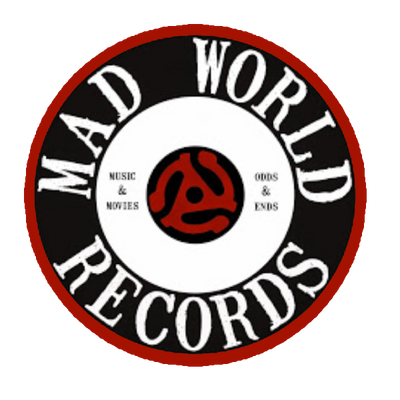Abram Shook - The Neon Machine (New CD)
Description
The Neon Machine, the fourth album from Austin musician Abram Shook, is a dystopian dance party, and everyone's invited. Juxtaposed against 2017's sepia-tinged, quietly reflective Love at Low Speed, the new record's mix of irresistible beats and slyly humor- ous lyrics might seem like a 180 at first glance: a giddy, knowing soundtrack to the end of the world. Those familiar with Shook's previous work, however, understand that he has always explored his own brand of off-kilter funk, from the soulful swagger of his debut album's standout single "Coastal' through Low Speed's Prince-inspired "Lies'. The varied influences of world music and jazz that are present in all his records can still be heard (as in the High-Life inspired guitar work on "My Money'), though here Shook tucks them into the corners and uses them in more subtle ways, giving center stage to a vintage Sequen- tial Circuits Prophet 600, a drum sequencer, and his signature rubbery bass lines. In Shook's adept hands, The Neon Machine is full of day-glo danceability even though something slightly sinister lurks beneath the surface; it's a kind of tour de force synesthe- sia for the fevered mind. With this record, Shook has traded in his usual gimlet-eyed observations for a playfully cynical sense of humor: "I play the game where I drink you off my mind/It never works, but I love to try/And I can go all night,' he sings on "Cocaine Blonde'. Using highly confessional lyrics and deeply personal insight to convey his anger, with the current political climate, he writes candidly about his anxieties, and frustrations toward a country and culture that he's grown up with, but hasn't always felt at home in. Every line seems to have a double meaning, and once you start to unlock the code - that every reference to a drug or a lover is actually a metaphor for the United States - they become even darker and more biting, and, for people who are also unhappy with the state of the world, very relatable. Full of Prince-esque riffs, Blood Orange-style beats, and David Bowie allusions, The Neon Machine is accessible and adventurous at once. It has as it's backdrop a party that's lasted too long, and the foreground of a narrator full of anxiety and skepticism whose hangover has already begun. The beauty of it lies in it's malleability. What appears on the surface to be an effervescent album of pop anthems, with it's familiar themes of sex, love and drugs, soon reveals it's true heart: the intimate insights of a man, long accustomed to being an outside observer, who has decided to join the fray. "In a lot of ways it feels like the record I've always wanted to make.'

